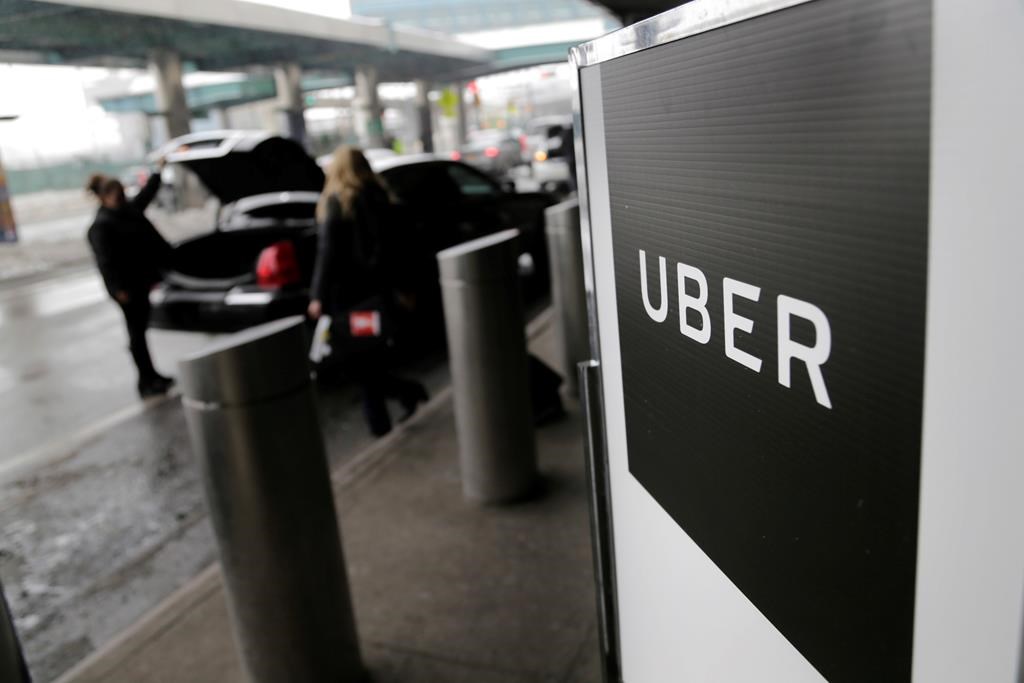Popular ride-sharing service Uber is slated to appear on Winnipeg streets, and the company’s long-awaited arrival to the Manitoba market comes after a long negotiation with Manitoba Public Insurance (MPI) over the insurance model for Uber’s drivers.

The company had previously avoided joining the Winnipeg market due to MPI’s passenger vehicle-for-hire coverage, which requires a person to choose from four time slots, or “time bands,” as opposed to a single blanket type of insurance in other regions.
MPI’s Brian Smiley said Uber’s arrival in Winnipeg is the result of a lot of behind-the-scenes work on both sides.
“We never stopped having conversations with them, and I think the more conversation we had, it was testimony to the fact that both parties were willing to understand each other,” he said.
“I believe that Uber has gone on record to say they feel more comfortable with the model we have in place, they have a better understanding of it, and consequently, they made the decision to do business in the Winnipeg market.”
Smiley said the workable solution MPI and Uber agreed on involves Uber’s drivers having to get an existing MPI policy, but the company will be able to get additional private insurance as well.

Get breaking National news
“Currently, under legislation, MPI must be the primary insurer,” he said.
“That’s been explained to Uber and other providers who want to look at doing business here. Our model… we believe is fair. We believe it’s equitable, we believe it’s very flexible and affordable.”

While Uber hasn’t set a specific start date in the city, the company’s Michael van Hemmen said Tuesday that it will depend on how many drivers sign up – something Uber doesn’t think will be a problem.
Uber drivers will still have to choose from MPI’s timebands – which Smiley said can offer great flexibility if they choose all four – and will look at a cost roughly $200-400 more on their insurance coverage.
University of Winnipeg transportation expert David Timothy Duval told 680 CJOB he thinks the agreement between MPI and Uber is a positive step for Winnipeg.
“I think it’s good news for Winnipeg,” he said. “We were lamenting the fact that Uber wasn’t here, and we were asking the question, ‘What will it take?’
“I think this is a good example of how companies have to live within the regulatory environment, and if they want it badly enough, they will find a way to do that,” said Duval.
“Uber has to decide how competitive they want to be in this market.
“I think the fact that they’ve worked with MPI over the last few months, if not last few years, is indicative that they want to play in this market.”









Comments